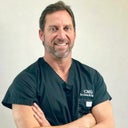Posted underHair Transplant q&a
Oct 11, 2007
Answers (20)
From board-certified doctors and trusted medical professionals
Dr. Jon E. Mendelsohn, MD, FACS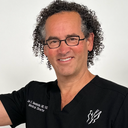

JF
Dr. Jon E. Mendelsohn, MD, FACS
Board Certified Facial Plastic Surgeon
Answer
Dr. John Bitner, MD

JM
Dr. John Bitner, MD
Board Certified Facial Plastic Surgeon
Answer
Dr. Matthew Richardson, MD

MM
Dr. Matthew Richardson, MD
Board Certified Facial Plastic Surgeon
Answer
Dr. James N. Romanelli, MD, FACS

JF
Dr. James N. Romanelli, MD, FACS
Board Certified Plastic Surgeon
Answer
Dr. Jae Pak, MD

JM
Dr. Jae Pak, MD
Hair Restoration Surgeon, Board Certified in Emergency Medicine
Answer
Dr. Sanusi Umar, MD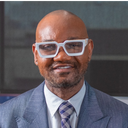

SM
Dr. Sanusi Umar, MD
Dermatologic Surgeon, Board Certified in Dermatology
Answer
Dr. Jeffrey E. Schreiber, MD, FACS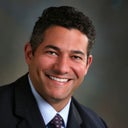

JF
Dr. Jeffrey E. Schreiber, MD, FACS
Board Certified Plastic Surgeon
Answer
Dr. Earl Stephenson, Jr., MD, DDS, MBA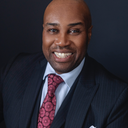

EM
Dr. Earl Stephenson, Jr., MD, DDS, MBA
Board Certified Plastic Surgeon
Answer
Dr. Sara Wasserbauer, MD
SM
Dr. Sara Wasserbauer, MD
Board Certified Hair Restoration Surgeon
Answer
Dr. Parsa Mohebi, MD, FISHRS
PF
Dr. Parsa Mohebi, MD, FISHRS
Board Certified Hair Restoration Surgeon
Answer
More Hair Transplant Questions
See all Hair Transplant Q&A
WE SEND PRETTY
EMAILS
What’s trending? Who’s turning heads? Which TikTok myths need busting? We’ve got you. No fluff, no gatekeeping—just real talk. Get our free, unfiltered newsletter.


